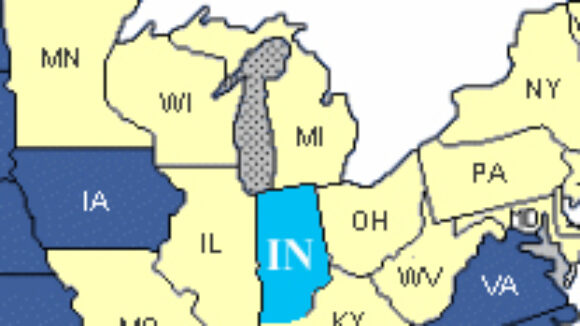Obama's Secretary of Labor sued for aiding union bosses concealment of personal benefits
With the help of National Right To Work Legal Defense Attorney Bill Messenger, UFCW former union steward Chris Mosquera seeks to force U.S. Labor Secretary Hilda Solis to reverse her regulations that rescinded disclosure of union boss benefits, insider deals, and sources of receipts. Forced-dues fill Big Labor treasuries with cash that all-too-often union bosses turn into private slush funds awarding themselves handsome benefits.
From the Mosquera's Op-Ed in the Washington Examiner:
Without stringent disclosure requirements, union members and nonmembers alike are left at the mercy of union officials who have the power to collect dues without being held accountable for how that money is spent.
The public reporting guidelines Solis jettisoned included several common-sense additions to the Labor Management Relations Disclosure Act of 1959.
Under the proposed guidelines, union officials would have to disclose how much individual compensation they receive in the form of benefits, account for any travel and entertainment expenses, and identify union income streams.
The fact is most workers want more information about how their money is being spent by union officials. Last year, a poll revealed that nearly 90 percent of union members support strong union transparency requirements.
Disclosure is a simple but effective tool for fighting corruption and encouraging accountability. If union officials know their spending habits are part of the public record, they'll be less interested in expensive getaways and more interested in effectively managing their members' hard-earned dues.
